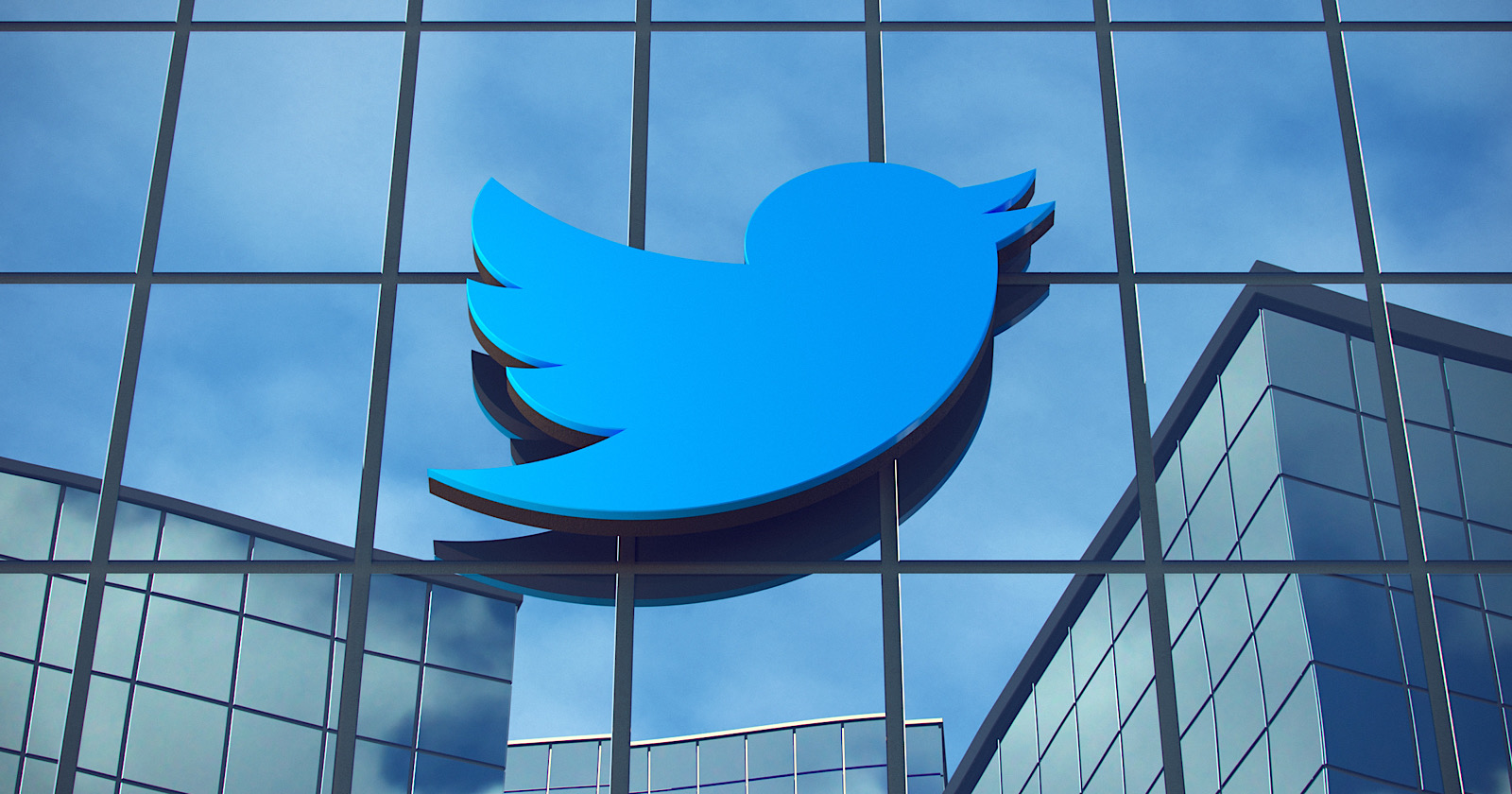Twitter provides additional clarity on how it limits the visibility of duplicate content shared widely across the platform.
Initially implemented in 2020, Twitter’s policy against duplicate content has never been adequately communicated until now.
It wasn’t clear what constitutes a violation, or what exactly happens when a violation occurs.
Twitter has now published a help page answering many of the unknown questions.
Known colloquially as “copypasta,” Twitter’s policy targets blocks of text, images, or a combination of content that has been copied and pasted into tweets.
Content found to violate this policy may be hidden from other users, or be ineligible for promotion.
In cases of severe violations, it may result in removal or permanent account suspension.
Duplicative Tweets Can Manipulate User Experiences
Twitter’s rules and policies page states:
“Copypasta or duplicate content is a tactic for propagating a message, and is used for a wide range of purposes, it can be repetitive, spammy, and disruptive to people’s experience on Twitter.”
According to Twitter, copypasta can be used to manipulate the site to artificially boost content, suppress information, or manipulate the app’s trends and top search results.
Content that will be limited under these new rules include:
- Identical or near-identical post tweeted either by an individual account or multiple accounts.
- Duplicate or copy-pasted tweets that disrupt user experiences, including those which mention users or use hashtags with identical content.
It will not affect posts made using Twitter’s retweet feature or copy-pasted content that is combined with unique commentary or reaction.
Tweets that explicitly quote copied text will also not be impacted.
Copypasta Tweets Will Have Limited Visibility
Twitter will limit the reach of duplicative tweets in the same manner it restricts those deemed abusive, spammy or in violation of applicable laws.
The social media platform limits the visibility of this type of content by:
- Making tweets ineligible for amplification in top search results and trends.
- Not recommending tweets to people who don’t follow the author.
- Downranking tweets in replies.
- Excluding tweets and accounts from email or in-product recommendations.
These tweets will still be visible to Twitter users who directly follow the tweet’s author.
Featured Image: Anton Zubchevskyi/Shutterstock





![AI Overviews: We Reverse-Engineered Them So You Don't Have To [+ What You Need To Do Next]](https://www.searchenginejournal.com/wp-content/uploads/2025/04/sidebar1x-455.png)